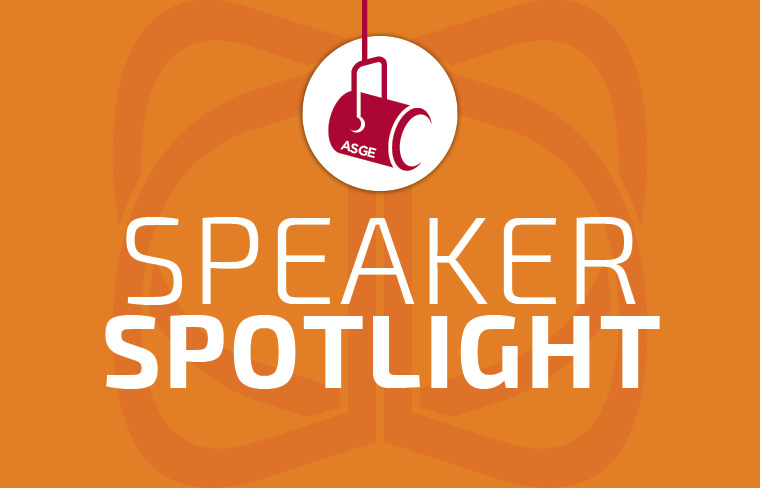
Anne Marie Lennon, MD, PhD, FASGE
Professor of Medicine, Clinical Director of Gastroenterology and Hepatology, The Johns Hopkins Hospital, Baltimore, MD
Session
ASGE Presidential Plenary
on Saturday
Lecture Title
Jack A. Vennes, MD and Stephen E. Silves, MD Endowed Lecture “Pancreatic Cystic Neoplasms, What Testing Do We Need?”
Session
AGA Translational Symposium
Pancreas Cysts, IPMN and Cancer: Where Do We Stand in 2019?
on Monday
Lecture Title
Where are we now with pancreatic cysts?
Hometown:
Dublin, Ireland
Current Residence:
Baltimore, MD
What inspired you to enter the gastroenterology field?
My father, John Lennon, is a gastroenterologist and inspired me to follow in his footsteps.
What was the impetus for your presentation and/or research?
The area that I’m interested in is how we can detect, and ideally, prevent people from developing pancreatic cancer. Pancreatic cancer has a survival of less than 9%. There are three precursors to pancreatic cancer, two of which are pancreatic cysts called intraductal papillary mucinous neoplasms (IPMN) and mucinous cystic neoplasms (MCN). Identification of IPMNs and MCNs, which harbor high-grade dysplasia or early cancer, could allow us to improve survival for patients with pancreatic cancer. My presentations include a plenary presentation on what tests we should do as part of the workup for pancreatic cysts. My second presentation will discuss how the field has advanced and where we need to go.
How do you shake your nerves during a presentation?
I am an introvert and find presenting extremely stressful. The more presentations you do, the better you get, and the less stressful it is. The key for me is to ensure that I’ve run through my talk multiple times. The bottom line is practice,
practice, practice!
Which GI innovation do you think is the most promising and why?
The ability to detect cancer DNA in the bloodstream is extremely promising, as it could allow us to screen for multiple different types of cancers with a single blood test.
What was your first job and what did it teach you?
In Ireland, every intern has to do six months in medicine and six months in a surgical internship. My first job was in orthopaedic surgery. The key skill it taught me was how to persuade the radiology technicians to give me the X-rays I needed for
the ward rounds!
What is the most rewarding part of your career?
There are two aspects. The first is being involved in studies and research, which will alter and improve care for patients. The second is watching residents, fellows and junior faculty develop research projects, and then seeing them present at DDW®.



